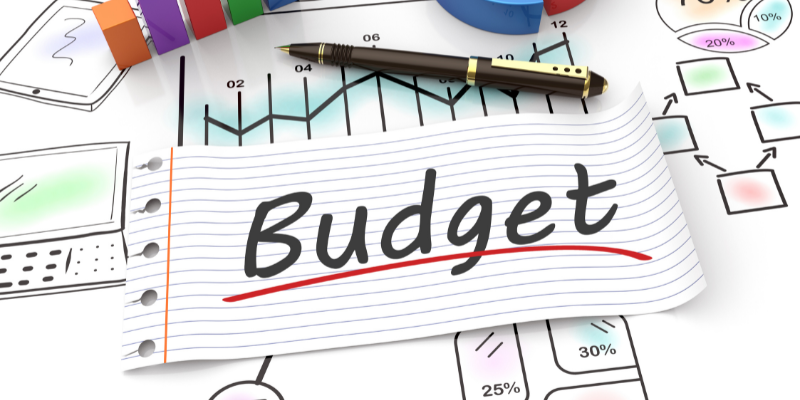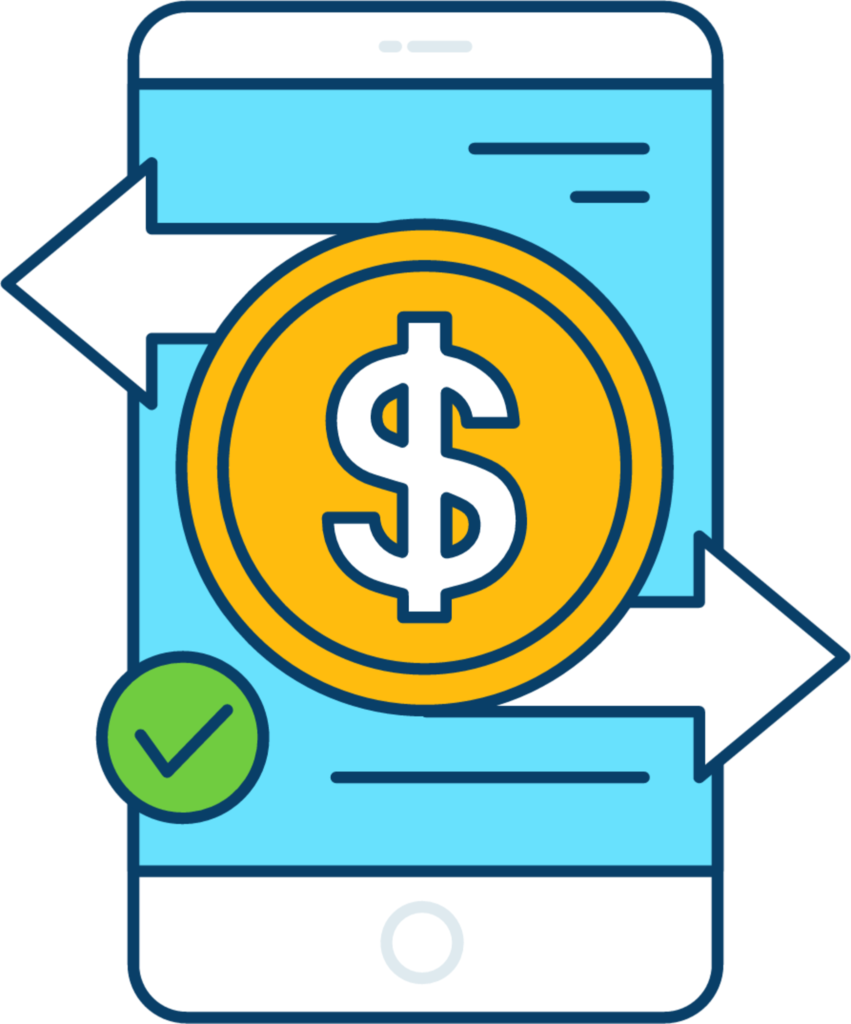Budget
A budget is a plan to commit a particular thing to a value or vice versa. It’s a plan on what you will use your money for. It’s a plan for income and expenses.
When you are good in creating a budget plan and you’re consistent—you are giving your money purpose.

Introduction
Coming up with a budget plan might be cumbersome at first. But it can be made easy by breaking down the process. So, you take a step at a time.
Firstly, you need to decide if you’re making a budget offline or online. (EveryDollar is one of the apps that can be used for budgeting). Advisably, it’s okay to start offline (by writing out everything on a sheet of paper).
1) List Your Income
Income is any money you get during that month. Meaning, your paychecks and any extra money coming your way through a side hustle, garage sale, freelance work etc.
If you work somewhere else during the weekends, once you’re paid, it’s an income. It should be included in your budget.
Recommended Post: European Countries that you can start a business
Create separate income budget lines for every paycheck you get, including extras. (Note: the income here should be after removing your taxes and anything else you’ve removed from your paycheck) Here’s an example:
If you’ve got an irregular income, take a look at what you’ve made the last few months and list the lowest amount as this month’s planned income budget line. You can adjust later in the month if you make more and add that extra money to your money goal or another budget line.
2) List Out Your Expenses
Now that you’ve planned for income. You can plan for your expenses (money going out). (Bank account statement would be very helpful at this point). When you’re making a budget, set aside budget for your savings goals, like an emergency fund. It will be very helpful
Prioritize the essentials. This include food, utilities, shelter and transportation. Make a budget category for each of them and create budget area below, for your specific expenses.
Create an expenses budget in categories & attach the budget amount. E.g.
Budget Category: Food
Groceries: $200
Budget Category: Utilities
Electricity: $130
Water: $60
Natural Gas: $40
Some of these are called fixed expense; expenses that stay the same every month, like your rent or mortgage. Other expenses change up, like groceries or gas. After listing all other expenses, use your bank statements to estimate what you plan to spend for everything. In all these, make sure you’re out of debt so you can make proper planning.

3) Difference in Expenses and Income
Subtract all your expenses from your income. This number should equal zero, meaning you just made a zero-based budget. A zero-based budget doesn’t mean you let your bank account reach zero. It also doesn’t mean you blow all your money.
Zero-based budgeting just means you give every dollar a job to do: spending, giving, saving or paying off debt. It’s all accounted for and given a purpose.
After subtraction, and you have some money left over, don’t leave it there. You’ll end up mindlessly spending it on some other things. Get those money to work by putting any “extra” money toward your current money goal.
What if you end up with a negative number? It’ll be okay. You just need to bring down your expenses until your income minus your expenses equals zero.
If you’re still struggling to make ends meet. You can try out side hustle or work overtime. Just remember not to increase your spending when you increase your income. Your extra cash needs to cover your budgeted expenses.
Related Post: Highest Paying Jobs In Sweden
4) Monitor Your Transactions
Putting the plan on paper, or in your app is not perfect for budget planning without this step. It’s like writing down a goal to run a marathon, making a training plan, lacing up your shoes. And ending up watching from home.
Monitoring your transactions means you account for everything that happens with your money throughout the month.
When you fill up the gas tank, subtract that expense from transportation. When you pay the rent, subtract that expense from housing. When you buy a coffee on the way to the office, subtract that expense from your personal spending.

Track your transactions regularly. That might be once a week or at the end of each day. Whatever works for you.
As you’re tracking, make adjustments as you need to. If the electricity bill comes in higher than you thought, just tweak another budget line to make up for it. If the water bill comes in lower, then celebrate and move that money over to your current money goal.
5) Create a New Budget Again
While your budget shouldn’t change too much from month to month, the fact is, no two months are exactly the same. That’s why you create a new budget every single month. That’s definitely before the month begins. Then you can bring down certain expenses and adjust others. When you’re ready to start your next budget, copy the current month’s budget to the next, and then make an update for anything new.
 Skip to content
Skip to content


